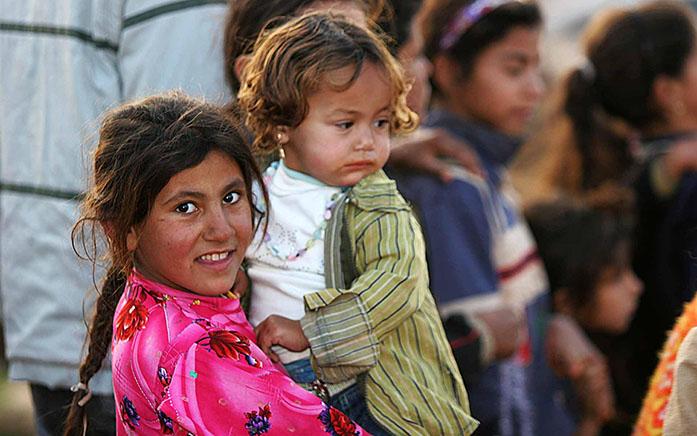As the Syrian refugee crisis unfolds, it has become increasingly clear that the U.S. needs to take a more active and vigilant role in resettlement. The four-year civil war has displaced more than 2 million Syrians, and it isn’t the only crisis facing the region.
The swath of Asia is experiencing mass migration, with 2.6 million Afghans and 2.1 million Iraqis fleeing ISIS attacks and other conflicts. Consequently, Europe has experienced a flood of immigrants desperate for safety and a chance at a normal life. European countries expanded their resettlement plans earlier this month, led by Germany and Sweden. Over the weekend, Germany had to reinstate border patrol along the German-Austrian borders and temporarily halt the flow of migrants, a rare occurrence that doesn’t bode well for the refugees.
The U.S. has always been a champion of humanitarian efforts but has a poor track record when it comes to resettling refugees. Rwanda, Afghanistan, and the former Yugoslavia have had high refugee numbers, and the U.S. has taken in shockingly low numbers. There was no resettlement by the U.S. for Yugoslavians, fewer than 1,500 Rwandan refugees were taken in, and fewer than 20,000 Afghan refugees have been taken in over the last 20 years.
ISIS, terrorism, and the refugee crisis are all intricately connected. The rise of ISIS is a consequence from decades of wars (both civil and foreign) throughout the Middle East. Displaced people, already spiteful of those who caused the loss of their livelihoods, are drawn to those who can provide food, shelter, and medicine. They become easy targets for recruitment by terrorist organizations. Stabilization of the refugee areas could actually decrease the well of potential recruits groups such as ISIS and Al Qaeda have drawn on.
The idea of resettlement is taking in refugees, and then returning them to their homes when the crisis is over. This seems like a small price to pay when considering the substantial U.S. contributions to the unrest and destruction in western and southern Asia. The international community’s new interest in the refugee crisis has put pressure on the U.S. to play an active role. The U.S. already has a quota of refugees it will take in over the next fiscal year: 75,000, which the president can raise in a crisis. The Obama administration has proposed taking in 10,000 Syrian refugees out of that quota. Congress must approve this measure.
Sen. Chuck Grassley, R-Iowa, signaled his support for a mild increase in refugee numbers but voiced concern over opening the “floodgates” to refugees, an action that could compromise national security. U.N. and U.S. intelligence agencies are stretched thin by the sheer number of refugees, documenting refugees and scanning for strains of terrorism. Millions of starving men, women, and children would make an excellent veil to hide terrorist movements in the EU. The limited number of refugees that will make their way to the U.S. makes the process of background checks far easier; 10,000 by ship and plane can be handled far easier than the over half million on Germany’s borders.
The Daily Iowan Editorial Board believes the U.S. should increase its efforts in refugee resettlement. The question of national security is an important one, one that should be a top priority. That said, the U.S. has the capacity to both harbor refugees and ensure the safety of its citizens. In the end, relieving pressure on countries such as Turkey, Hungary, Germany, and Egypt may lead to better global standing and counteract the conditions that breed extremism.



